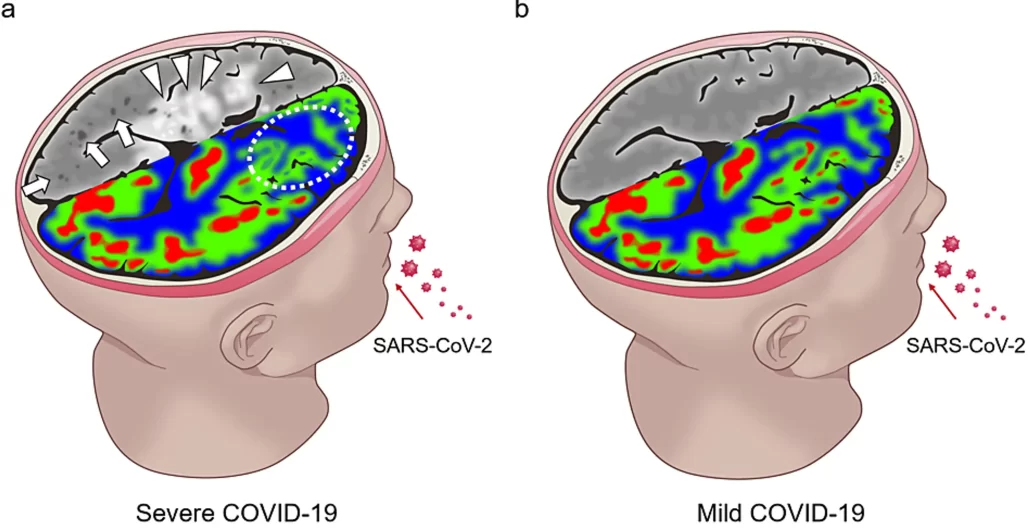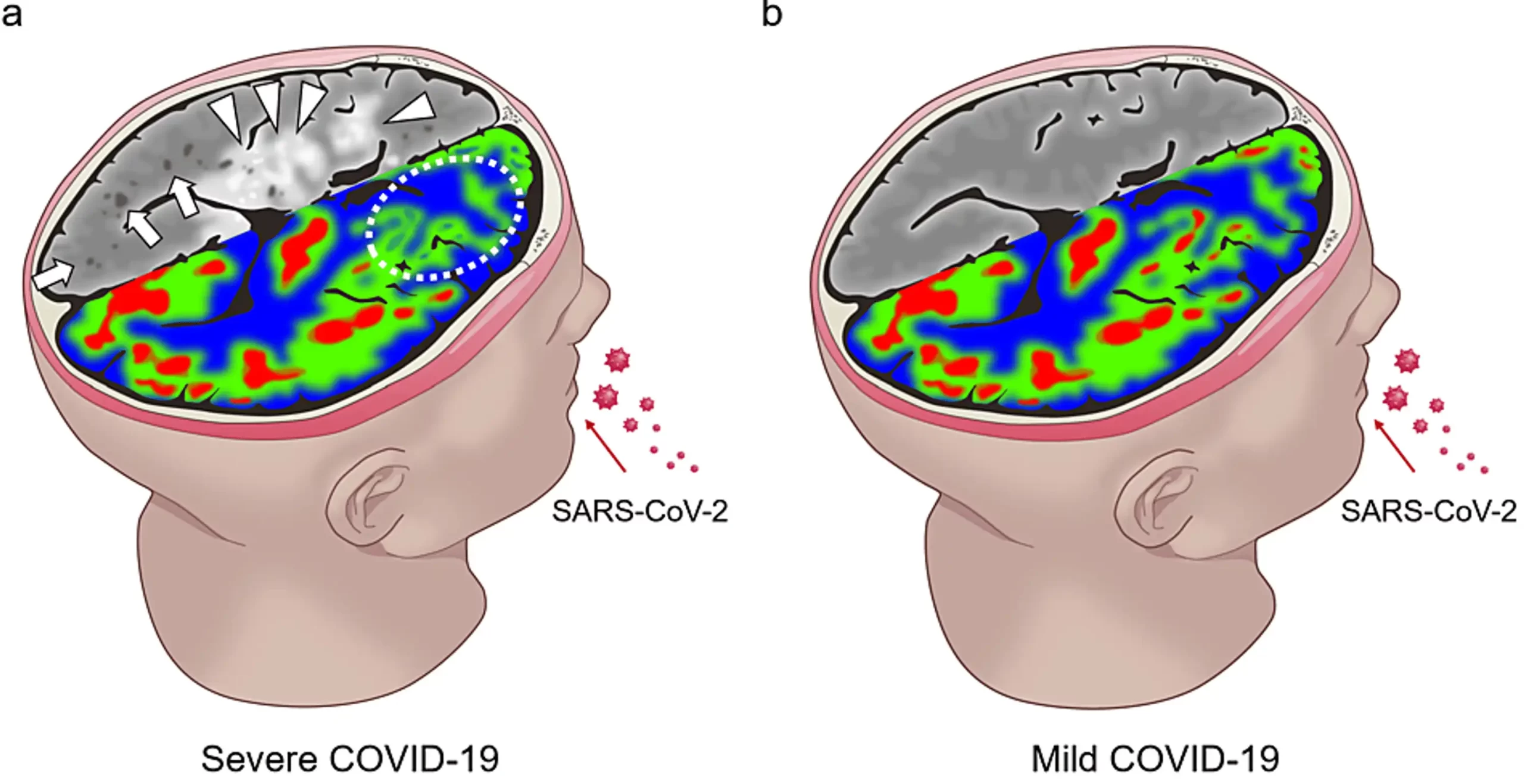Abstract
There have been several reports of central nervous system impairments associated with severe coronavirus disease 2019 (COVID-19) infection on head magnetic resonance imaging and angiography (MRI/A). However, head MRI/A is rarely performed in mild cases, and there have been few reports on intracranial changes after COVID-19 infection in these cases. Here, we report a comparative examination of the findings seen in common head MRI/A sequences in mild cases of COVID-19.
Methods: Of the 15,376 patients who underwent head MRI/A examination called “Brain Dock” between June 2020 and June 2021, 746 patients who received a COVID-19 antibody test were evaluated. Positive and negative patients were comparatively examined for head MRI/A findings such as cerebral white matter lesions, ischemic changes, cerebral microbleeds, cerebral aneurysms, arterial stenosis, sinusitis, and other abnormal findings.
Results: Overall, 31 (4.2%) patients were COVID-19 positive, and all of them had mild infections not requiring hospitalization. There was no significant difference in patient characteristics and head MRI/A findings between positive and negative patients. All positive patients showed no particular abnormalities in the nasal findings such as olfactory bulb atrophy or thickening of the olfactory mucosa.
Conclusion: Intracranial lesions in mild patients do not show a clear difference from those in negative patients. This indicates that findings seen in common MRI/A sequences of severe patients are not likely in mild patients, supporting that there is relatively no damage to the central nervous system in mild patients.


